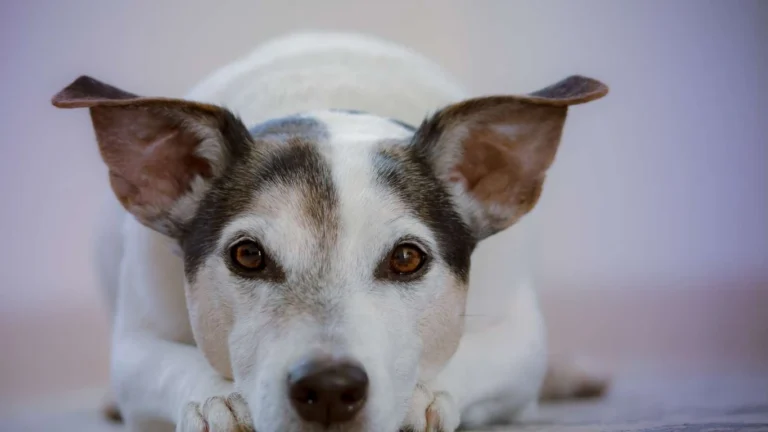Best Foods to Help a Dog Gain Weight Fast & Healthy
As an Animal Care Specialist with years of experience working at pet clinics and shelters, I’ve encountered many dogs with different nutritional needs. One issue that I’ve seen come up frequently is the struggle to help underweight dogs gain healthy weight. Whether it’s due to medical conditions, stress, or simply being picky eaters, it can be tough to figure out what foods are best for helping your dog pack on those extra pounds. In this article, we’re going to talk about the best foods to help a dog gain weight, including some practical tips and personal experiences I’ve picked up along the way. Helping your dog gain weight isn’t just about giving them more food; it’s about choosing the right kinds of food that are nutrient-dense and promote healthy weight gain. Let’s dive into what you need to know!
Why Your Dog Might Be Underweight

Before we talk about the best foods to help a dog gain weight, it’s important to understand why your dog might be underweight in the first place. As an animal care specialist, I’ve seen a variety of reasons why a dog might struggle to maintain a healthy weight. Some of the most common reasons include:
- Medical Conditions: Certain health issues can lead to weight loss or difficulty gaining weight, including parasites, gastrointestinal issues, or metabolic disorders. If your dog’s weight loss is sudden or accompanied by other symptoms (like vomiting, diarrhea, or lethargy), it’s important to consult a vet.
- Picky Eating Habits: Some dogs are just fussy eaters. Whether it’s due to texture, smell, or even past experiences with food, they might refuse to eat enough to gain weight.
- High Activity Levels: Some dogs, especially active breeds or working dogs, burn off calories faster than they can consume them. These dogs may need a higher calorie intake to maintain a healthy weight.
- Age: Puppies and senior dogs can both have unique nutritional needs. Puppies often burn a lot of calories during growth spurts, while senior dogs may have slower metabolisms or underlying health conditions that affect their weight.
Once you’ve identified the potential cause, you can begin to tackle the issue by adjusting their diet. In this section, we’ll go over the types of food that are especially good for helping underweight dogs gain weight the healthy way.
Best Foods to Help a Dog Gain Weight
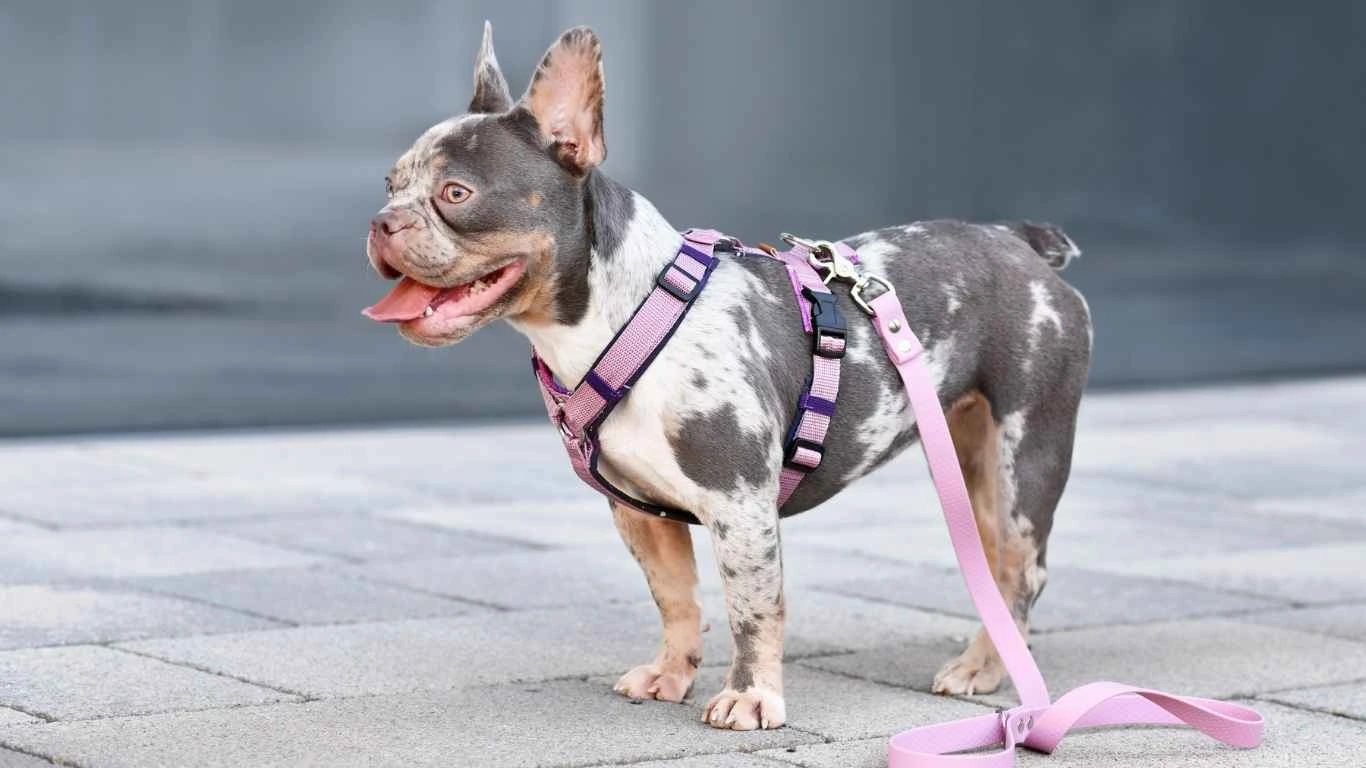
High-Quality Protein
When it comes to weight gain, protein plays a crucial role in building lean muscle mass. Dogs need protein not just to maintain their muscle, but also to keep their organs and tissues healthy. I can’t tell you how many times I’ve recommended high-quality protein to pet owners who are trying to help their dogs gain weight. Foods like chicken, turkey, and beef are excellent sources of protein that are also highly digestible for dogs. If your dog is struggling to gain weight, try feeding them meals with a high percentage of animal-based proteins.
- Chicken: A lean protein source that’s easy on a dog’s stomach. You can cook it, bake it, or even feed it raw (depending on your dog’s preference and health status).
- Beef: Rich in protein and fat, beef is a great option for underweight dogs. It’s especially good for dogs that need to gain muscle mass.
- Turkey: A slightly leaner option but still packed with protein. Turkey is great for dogs with food sensitivities who might need a less fatty protein source.
Healthy Fats
Adding healthy fats to your dog’s diet is one of the most effective ways to increase calorie intake without overloading them with carbs. Fat is energy-dense, meaning it provides a lot of calories in a small amount of food, which can be helpful for dogs who are picky eaters or have a low appetite. I always tell pet owners to look for animal fats like chicken fat, fish oil, or even beef tallow in dog food.
- Fish Oil: Rich in omega-3 fatty acids, fish oil not only helps with weight gain but also promotes a shiny coat and supports joint health. It’s one of the top recommendations I give to pet owners looking to add healthy fat to their dog’s diet.
- Coconut Oil: Another great fat source that can be added to your dog’s food. It’s easy to digest and also has potential health benefits like improving skin condition.
- Animal Fats: These are usually found in high-quality dog foods and can help provide the extra calories needed for weight gain. Chicken fat and beef tallow are great examples.
Carbohydrates for Sustained Energy
Although fat is your go-to for calorie-dense meals, carbohydrates are essential too—especially when you want to help your dog gain weight in a healthy, sustained way. The trick is choosing the right carbs. You don’t want empty calories from cheap fillers like corn or soy, but rather whole grains and vegetables that provide fiber and essential nutrients while contributing to overall health.
- Sweet Potatoes: Packed with fiber and essential vitamins, sweet potatoes are a great source of slow-digesting carbs. They can provide your dog with lasting energy throughout the day, making them a great addition to any weight-gain diet.
- Brown Rice: A gentle carb option that’s easy on most dogs’ stomachs. It’s also high in fiber, which can aid digestion.
- Oats: Another excellent source of carbohydrates, oats provide fiber and help regulate your dog’s digestive system.
How to Choose the Right Food for Your Dog
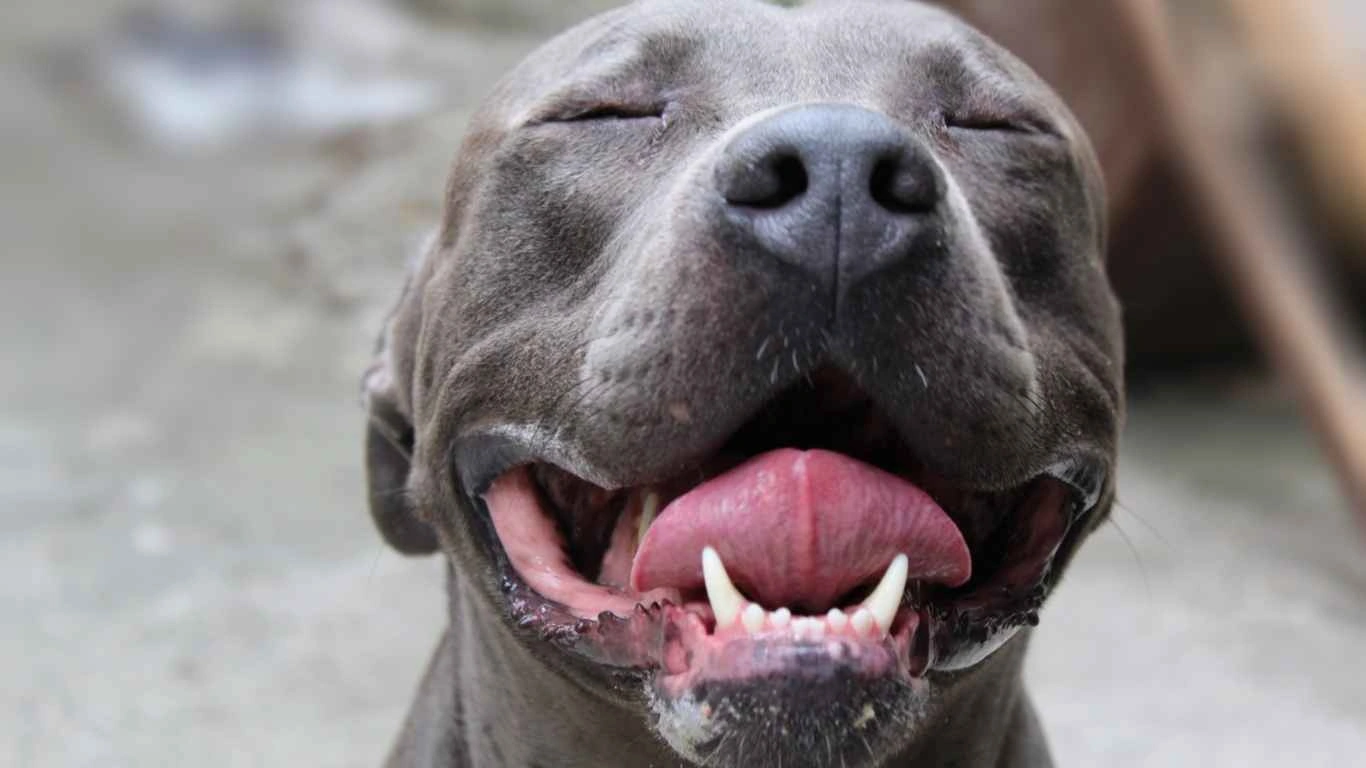
When it comes to helping your dog gain weight, not all foods are created equal. It’s important to select high-quality dog food that contains the right balance of nutrients. As I’ve learned throughout my career, the best approach is to always opt for foods that are specifically formulated for weight gain. Look for foods labeled as “high-calorie,” “premium,” or “nutrient-dense.” These options are often higher in protein, fat, and other essential nutrients that will support your dog’s weight-gain journey.
Also, be mindful of any food allergies or sensitivities your dog may have. If your dog has a sensitive stomach, choose foods that are gentle on their digestive system and avoid allergens like grains or certain proteins. As I always tell pet parents, it’s best to introduce new foods gradually to prevent any tummy upset!
Wet vs. Dry Food: Which Is Better for Weight Gain?
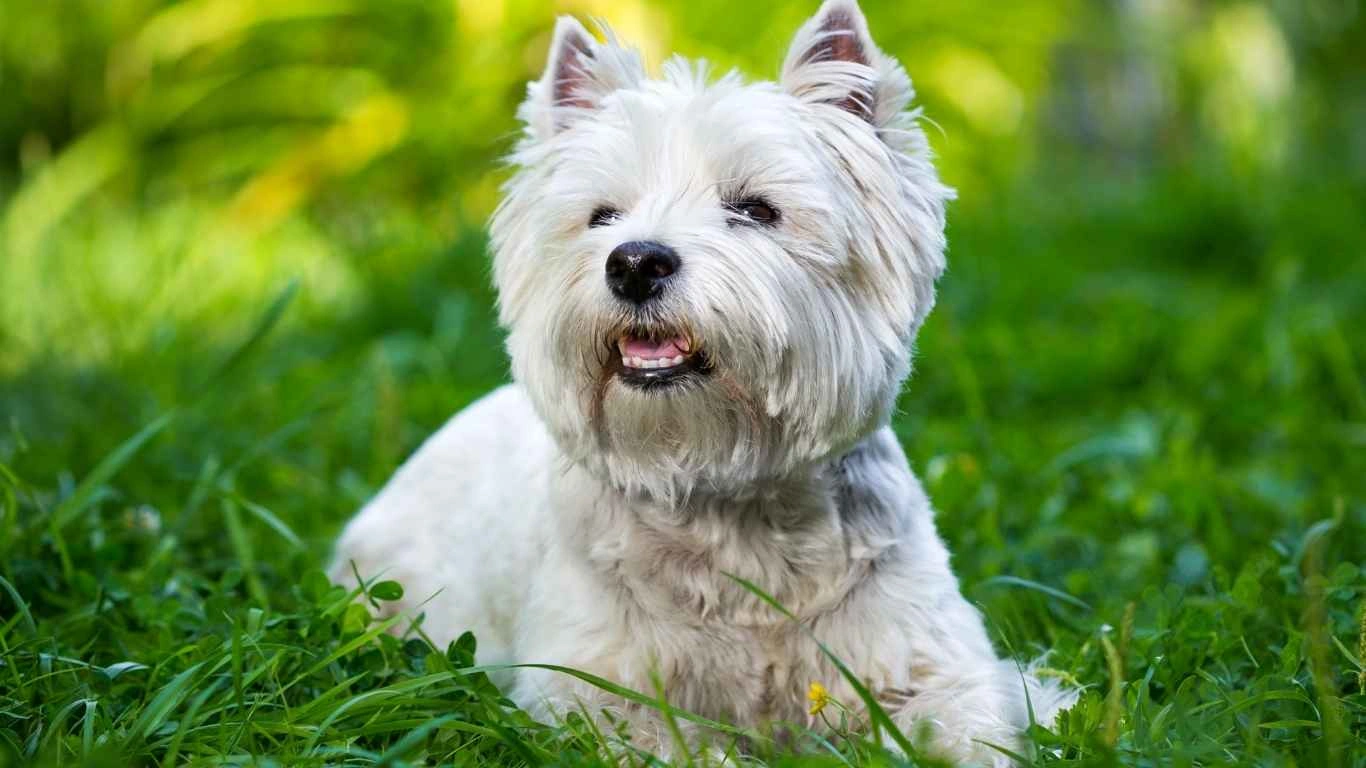
When it comes to helping a dog gain weight, one question I get asked all the time is whether wet food or dry food is better. Both types of food have their pros and cons, and as someone who’s worked closely with dogs in shelters and clinics, I can tell you that it really depends on your dog’s needs and preferences. Let’s take a closer look at the two options.
Wet Food
Wet food is often a great option for underweight dogs because it tends to be more calorie-dense, which means more nutrition packed into each serving. Plus, it has a higher moisture content, which can be great if your dog doesn’t drink enough water. Some dogs simply prefer the smell and texture of wet food, which can be a huge benefit if your dog is a picky eater. I’ve had several clients who had trouble getting their dogs to eat enough, but once they switched to wet food, their dogs started eating more consistently and began to gain weight.
- Pros: High moisture content, great for picky eaters, often more calorie-dense.
- Cons: Can be more expensive, doesn’t help with dental health as much as dry food.
Dry Food
Dry food, on the other hand, is generally more convenient and cost-effective. It’s also better for promoting dental health because the kibble helps scrape away plaque as the dog chews. However, when it comes to weight gain, dry food can sometimes be less calorie-dense, which means you may need to feed your dog a larger volume to reach the necessary calorie intake. If you have a dog that isn’t too picky and doesn’t mind a little extra crunch, dry food can still be an excellent option for weight gain—especially if it’s a high-quality, nutrient-dense kibble.
- Pros: Convenient, good for dental health, often more affordable.
- Cons: Lower moisture content, can require larger portions for weight gain.
Homemade Dog Food: A Personalized Approach

If you’re looking for a more tailored approach to helping your dog gain weight, homemade dog food is a great option. I’ve worked with many pet owners who prefer to cook for their dogs because it gives them complete control over what their dog is eating. Homemade dog food allows you to choose high-quality, whole ingredients that are rich in protein, fats, and healthy carbs. The best part is that you can customize the meals to suit your dog’s specific needs, whether that’s adding more healthy fats for calorie-dense meals or incorporating more digestible proteins for sensitive stomachs.
Here’s a simple recipe I recommend for underweight dogs:
- Protein Source: Chicken, beef, or turkey (cooked thoroughly)
- Carb Source: Sweet potatoes or brown rice (cooked)
- Healthy Fats: Coconut oil, fish oil, or a spoonful of peanut butter
- Veggies: Carrots or peas (steamed or boiled)
This recipe is nutrient-packed and full of the good stuff that will help your dog gain weight in a healthy way. Just remember to consult with your vet before switching to a homemade diet, as it’s crucial to ensure that your dog’s nutritional needs are being met.
Supplements That Can Help
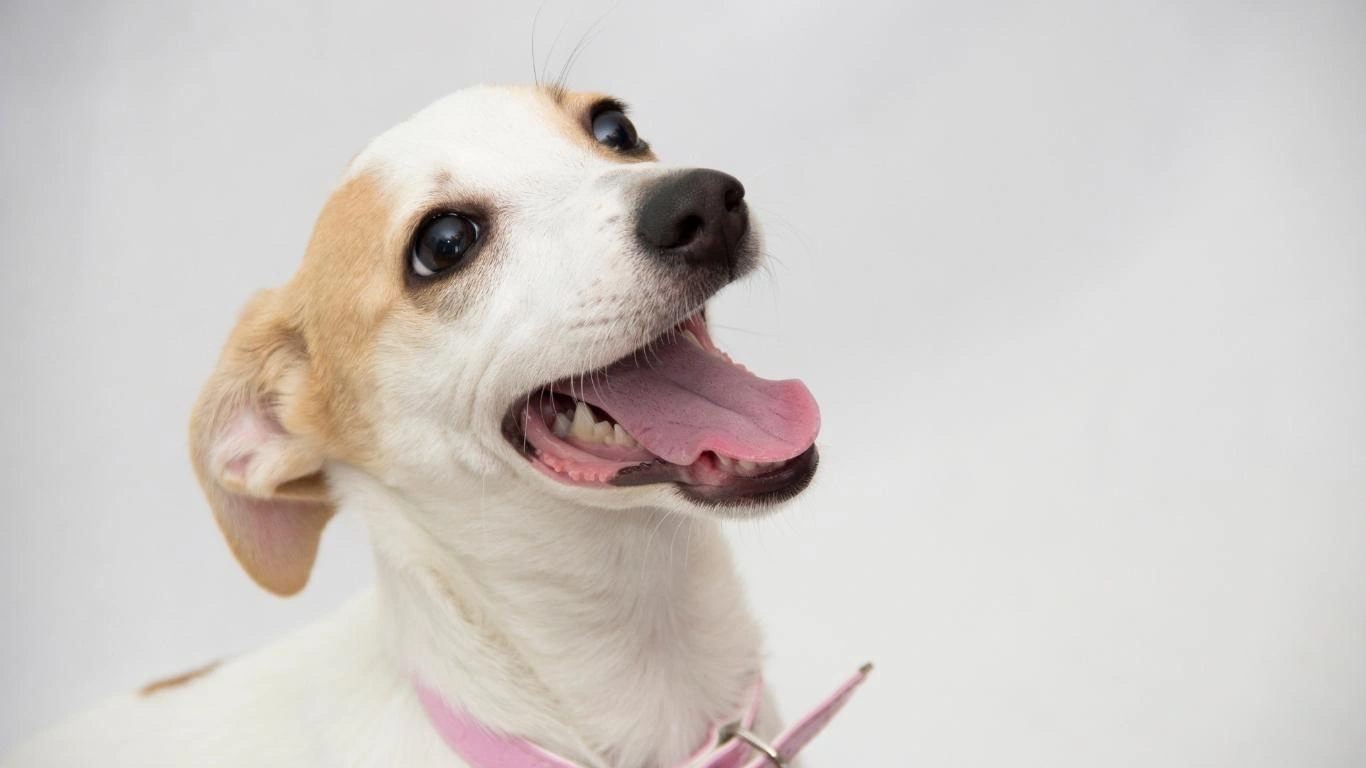
In addition to changing your dog’s food, you might also want to consider adding supplements to their diet. Supplements can help ensure that your dog is getting all the nutrients they need to gain weight and stay healthy. As an Animal Care Specialist, I’ve seen firsthand how beneficial supplements can be for underweight dogs. Here are a few I recommend:
- Probiotics: If your dog has digestive issues that are preventing them from absorbing nutrients properly, probiotics can help restore the balance of good bacteria in their gut, improving digestion and nutrient absorption.
- Fatty Acids: Omega-3 and omega-6 fatty acids, found in fish oil and certain plant oils, are great for helping dogs gain weight while also supporting skin health and reducing inflammation.
- Digestive Enzymes: For dogs that have trouble digesting food, digestive enzyme supplements can help break down nutrients more effectively, making it easier for them to absorb the calories they need.
- Weight Gain Powders: These are calorie-dense powders you can sprinkle over your dog’s food to boost their daily caloric intake without requiring you to increase portion sizes.
Before introducing any supplement into your dog’s diet, always check with your vet. Supplements should complement your dog’s food, not replace it, and your vet can help you determine the right dosages and whether a supplement is necessary for your dog’s specific condition.
How to Encourage Your Dog to Eat More
If your dog is struggling to eat enough to gain weight, there are a few tricks you can try to stimulate their appetite and encourage them to eat more. I’ve worked with many pet owners who’ve had issues with picky eaters, and I’ve learned that a little creativity can go a long way.
- Offer Smaller, More Frequent Meals: Sometimes dogs are more willing to eat smaller portions throughout the day rather than one large meal. Offering multiple meals can help boost their overall calorie intake.
- Mix Wet Food with Dry Food: If your dog loves wet food but you’re trying to stick to dry food, try mixing the two. The wet food can add flavor and moisture, which can encourage your dog to eat more of the dry kibble.
- Warm Up Their Food: Slightly warming up your dog’s food can enhance the smell, making it more appetizing to your dog. Just make sure the food isn’t too hot!
- Add Tasty Toppers: Adding a food topper like bone broth, plain yogurt, or a bit of cooked chicken can make meals more exciting and encourage your dog to eat more.
Remember, patience is key. Every dog is different, and it may take a little trial and error to find what works best for your dog. Keep experimenting with different foods, meal schedules, and tricks to help them gain weight in a safe, healthy way.
Maintaining Healthy Weight Gain: What to Do After Your Dog Has Gained Weight
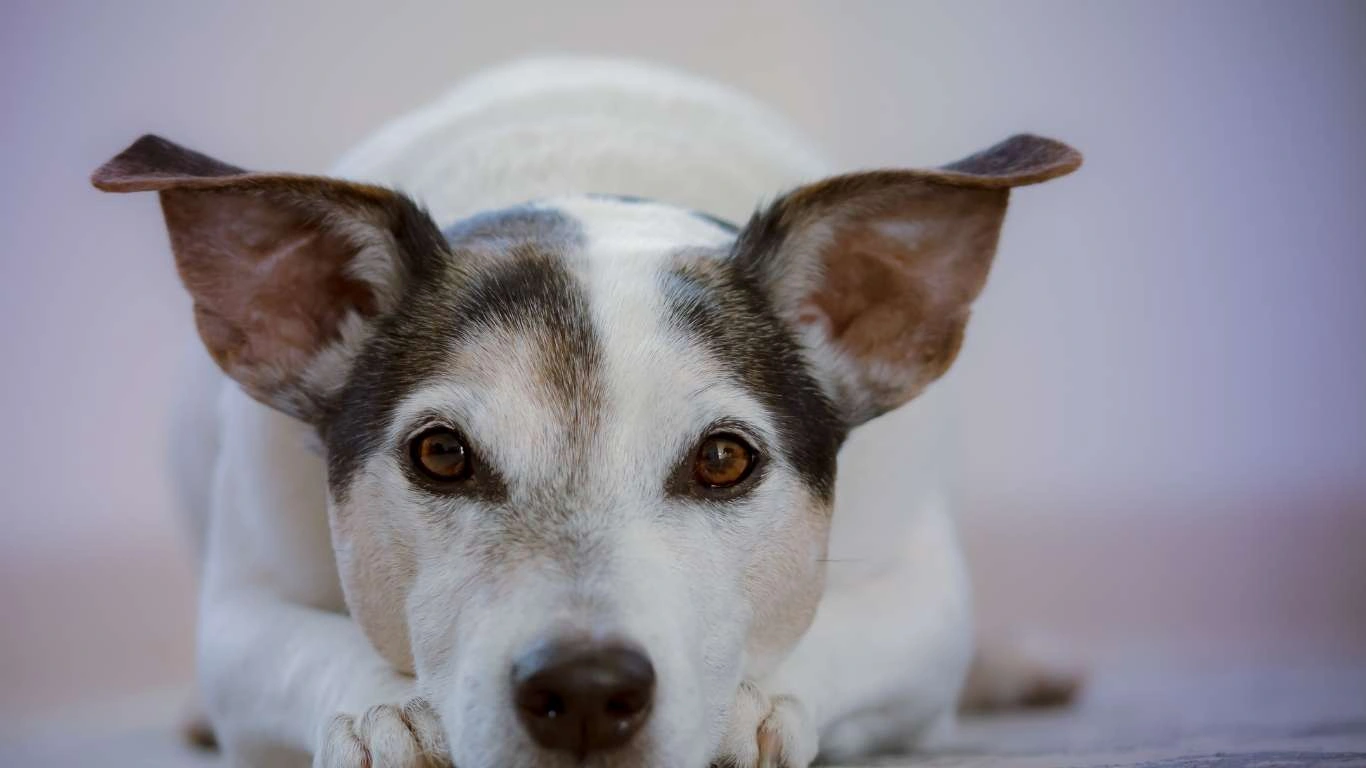
So, you’ve successfully helped your dog gain weight, and you’re starting to see those healthy, happy signs of progress! But the work doesn’t stop there. Maintaining a healthy weight is just as important as helping your dog gain it in the first place. As an Animal Care Specialist, I always advise dog owners to continue monitoring their dog’s weight and adjust their feeding habits as needed to ensure they’re not gaining too quickly or too slowly.
Here are some tips on how to maintain healthy weight after your dog has gained those extra pounds:
Regularly Monitor Your Dog’s Weight
It’s important to weigh your dog regularly, especially if you’ve just started them on a weight-gain regimen. Use a consistent method, whether that’s visiting the vet or weighing them at home if your dog is small enough. For larger dogs, it can be trickier, but you can still keep track of their body condition by visually checking for ribs, spine, and a defined waistline. After reaching the target weight, the key is maintaining a healthy balance, ensuring that your dog doesn’t gain more weight than necessary.
- Weigh your dog every two weeks: This will help you track their progress and make adjustments to their diet if needed.
- Check body condition: Ensure your dog’s ribs are not too prominent but also not hidden beneath a layer of fat.
Adjust Food Portions as Needed
Once your dog reaches a healthy weight, you might need to adjust their food portions. Sometimes, people forget that a dog’s nutritional needs change as they reach their target weight. If you continue to feed them the same amount of food that helped them gain weight, they could end up putting on too much. This is especially common in dogs that have gained weight after a long period of being underweight.
If you notice your dog is starting to gain more weight than desired, try reducing portion sizes or switching to a slightly lower-calorie food while maintaining the same high-quality ingredients. Remember, the goal is not to let them lose weight drastically, but to keep them at a healthy, stable weight.
Best Practices for Long-Term Weight Management

Now that your dog has reached a healthy weight, it’s time to adopt good practices for long-term weight management. As someone who’s spent years caring for dogs in shelters and clinics, I can tell you that consistency is key. Here are some long-term strategies to help your dog stay fit and healthy:
Maintain a Balanced Diet
Even though weight gain might have been your focus at first, it’s important to maintain a balanced, nutrient-rich diet long-term. This means continuing to provide high-quality protein, healthy fats, and complex carbohydrates. Make sure your dog’s meals include fresh, whole foods and avoid fillers or low-quality ingredients that can cause weight fluctuations or health issues.
- Continue with nutrient-dense foods: Keep their diet rich in protein (like chicken, turkey, or beef) and fats (such as fish oil or chicken fat).
- Limit low-quality fillers: Ingredients like corn, soy, and wheat are often used in cheap dog foods, but they provide little nutritional value and can lead to unhealthy weight gain.
Incorporate Regular Exercise
Just because your dog has gained weight doesn’t mean they can now relax on the couch all day! Regular exercise is still essential to help maintain their weight, promote muscle growth, and keep their metabolism healthy. Of course, the amount and intensity of exercise will depend on your dog’s age, breed, and overall health. Some dogs may only need light walks, while others might benefit from more strenuous activity like running or agility training.
Exercise also has mental health benefits for dogs. Dogs that are underweight or overweight often face behavioral issues, and physical activity can help reduce stress and anxiety. Try incorporating daily walks, playtime, or even swimming (which is great for dogs with joint issues) into your dog’s routine.
When to Seek Professional Help
Throughout this entire process, there will be times when you’re unsure whether you’re on the right track. That’s completely normal! As a pet parent, you want to do the best for your dog, and that’s why it’s so important to involve your vet in the journey. If you’ve tried different diets, feeding techniques, or supplements and you’re still struggling to help your dog gain or maintain weight, it might be time to ask for professional help. Your vet can assess your dog’s overall health and provide additional guidance on a specialized diet or treatment.
If you notice any sudden weight loss, digestive issues, or behavioral changes, these could be signs of an underlying health condition that needs attention. In these cases, a vet visit is crucial to rule out any serious medical issues.
Additionally, if your dog has reached their ideal weight but you’re worried about their long-term health, a veterinary nutritionist can help you create a long-term feeding plan that suits your dog’s specific needs. In some cases, they may recommend switching to a different formula or adjusting the balance of nutrients to help keep your dog at a stable weight without compromising their overall health.
Disclaimer
The information provided in this article is based on my personal experience as an Animal Care Specialist and is intended for general informational purposes only. Every dog is unique, and what works for one may not work for another. Always consult your veterinarian before making any significant changes to your dog’s diet or exercise routine, especially if you’re dealing with underlying health conditions or if you’re unsure about the best approach to take. Your vet can provide tailored advice that suits your dog’s specific needs.
References
For more information on dog nutrition and health, I recommend checking out the following resources:



